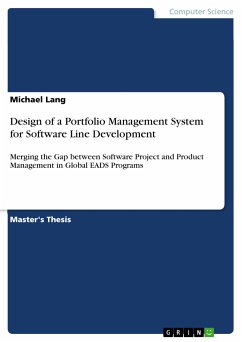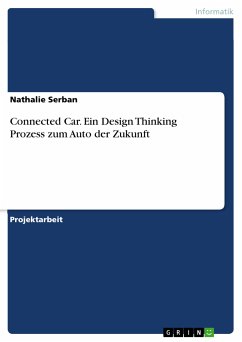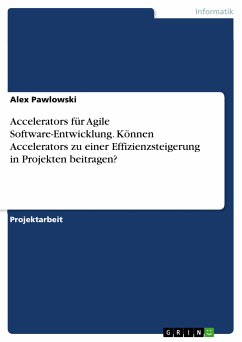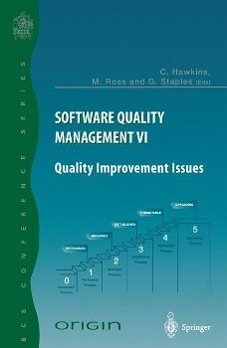
Design of a Portfolio Management System for Software Line Development (eBook, PDF)
Merging the Gap between Software Project and Product Management in Global EADS Programs
Versandkostenfrei!
Sofort per Download lieferbar
44,99 €
inkl. MwSt.
Weitere Ausgaben:

PAYBACK Punkte
0 °P sammeln!
Master's Thesis from the year 2013 in the subject Computer Science - Commercial Information Technology, grade: 1,8, AKAD University of Applied Sciences Stuttgart, language: English, abstract: Tracy (1995, p. 19) emphasises in his book that in the twenty-first century, tomorrow will be more different from today than in the past. Therefore today's corporations get to stay innovative, reinvent themselves continuously and have to design new business. In contrast to that, software mastery becomes more than ever the key factor for business success (Northrop, 2008, p. 12). In the twenty-first century...
Master's Thesis from the year 2013 in the subject Computer Science - Commercial Information Technology, grade: 1,8, AKAD University of Applied Sciences Stuttgart, language: English, abstract: Tracy (1995, p. 19) emphasises in his book that in the twenty-first century, tomorrow will be more different from today than in the past. Therefore today's corporations get to stay innovative, reinvent themselves continuously and have to design new business. In contrast to that, software mastery becomes more than ever the key factor for business success (Northrop, 2008, p. 12). In the twenty-first century, software pervades every sector and has become the bottom line for many organisations. Therefore, reusability plays a growing role for every business in today's rapid changing world (Strahringer, 2003, p. 5). Thus, new paradigms in software engineering are focusing on the reutilisation and modularisation of software solutions. One innovative and growing concept since 2003 is software line development which has its origin in the automotive and fashion industry (Strahringer, 2003, p. 5). The key benefits of software line development is the covering of a wide field of application with minimal extra costs by reuse of a common software platform. In reference to Ebert & Smouts (2003, p. 29) the most publications in the field of software lines deal with configuration and change management. Whereas the integration of software line development into enterprises' product portfolios has been till now widely neglected. In contrast to that Jeffery & Leliveld (2004) points out that the failure or success of software lines highly depend in particular on their level of integration into companies' portfolio system. For this reason, the major goal of this research is the realisation of an integrated portfolio management system for software line development. This covers at first the determination of the role portfolio management in organisational governance. Thereafter the general elements of a portfolio management system will be identified. On the other side, the specific demands of software line engineering according to the portfolio elements will be analysed. The insights of the analysis build the basis for the design of the software product line portfolio system. The design describes the portfolio system from different perspectives which represent the viewpoint of diverse stakeholders. Moreover, different analysis methods will be evaluated with a respective scoring model for the software line product, domain and asset application domain. At the end, the scientific work gives a suggestion for further investigations in the scope of software line portfolio management.
Dieser Download kann aus rechtlichen Gründen nur mit Rechnungsadresse in A, B, BG, CY, CZ, D, DK, EW, E, FIN, F, GR, HR, H, IRL, I, LT, L, LR, M, NL, PL, P, R, S, SLO, SK ausgeliefert werden.













